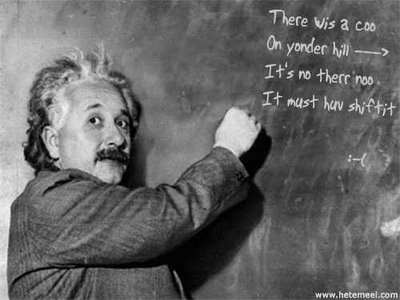I have been studying Ruth today followed by the
DFC prayer meeting this evening. Later, while soaking in the bath I was having a few random non-Ruth cogitations. I thought I should write them down to help me process them. I have done no research or checking. These are just off the top of my head and probably need correction. But hey! This is a blog, right? Just a conversation between guys, OK?
To business. There is a big kerfuffle going on about the atonement stimulated, it seems, by Steve Chalke and his book
The Lost Message of Jesus. I read it and wrote on it some time ago. Lots of people are still writing about it, not least because the emergent church cool guys have latched on to it, as have the NPP not-so-cool-but-influential guys since N. T. Wright wrote some blurb for it.
In the book Chalke has some trouble with the idea of penal subtitution theory of the atonement (i.e. that Christ was our substitute in taking the penalty that we deserved for our sin). This is of course a red rag to the evangelical bull. Penal substitution has long been held to define the essential character of the atonement. James Packer played a key role in nailing this with his
seminal paper at the The Tyndale Biblical Theology Lecture in 1973.
Now I have a problem to do with the way evangelicals are characterised in the debate. I want to come at it from a couple of angles. The first is this. I am an evangelical. I believe the Bible. Now, I have almost finished preaching through the second half of John's gospel. There, Christus Victor is a strong theme (e.g. key verse in 12:31). Substitutionary atonement is also there in the Passover lamb motif etc etc. Overall, when I look at Scripture, I have no problem
as an evangelical affirming Christus Victor, ransom theory, even some kind of moral influence of the atonement. As someone said, these are all notes in the work of Christ. However, pen-sub is essential, because it has to do justice to God's holiness and our depravity.
Here's the second thing. I was converted when I was about 17 and have been in evangelical churches ever since. Yes, penal substitution has been taught. So has Christus Victor. So has Christ's death as ransom, sacrifice, redemption. Now the problem I have is one of personal orientation in the debate. Those who I have read on this debate (and by that I mean Chalke's views and the inferences drawn from NTW's blurb) in blogland (and I am primarily thinking of
Al and
John - there are others but these I know best) set up their arguments by characterising evangelicals as pen-subs-only, teeth-gnashing, gum-grinding anathematising banshees who will not countenance other threads of thought. This I do not recognise from where I come from. The problem with this for me is:
a) What do they mean by 'evangelical'? Nowadays it can mean almost anything! Who on earth are they talking about? Describe them. Name them! Finding out someone is an 'evangelical' these days is like asking the question, "What's for dinner tonight?" and getting the answer, "Food". Duh.
b) I have not met anyone who is like these funny 'evangelicals' that John and Al describe. It's just not my experience. So maybe I'm not one after all! But I thought I was one. I'm disorientated!! (NB: this is satire - I know what
I mean by evangelical!)
Or maybe their characterisations, being so general, are just not adequate. I have a funny feeling there is a lot of straw man building going on, followed by steam-rollering. Yes, evangelicals have deep concerns about Chalke's writings. Yes, evangelicals (like me) want to defend penal-substitution. But no, evangelicals, as far as I can see (I admit there may be some out on the thin branches) do not deny other 'notes'. And they can be quite nice. Let's get things in perspective.
Let the counter-rants begin (but I'm off - exams).
UPDATE:
I have amended the post a little from the original because I did not represent Al's views fairly, for which I apologise.
I have also added a link to the Packer paper for one's perusal.







